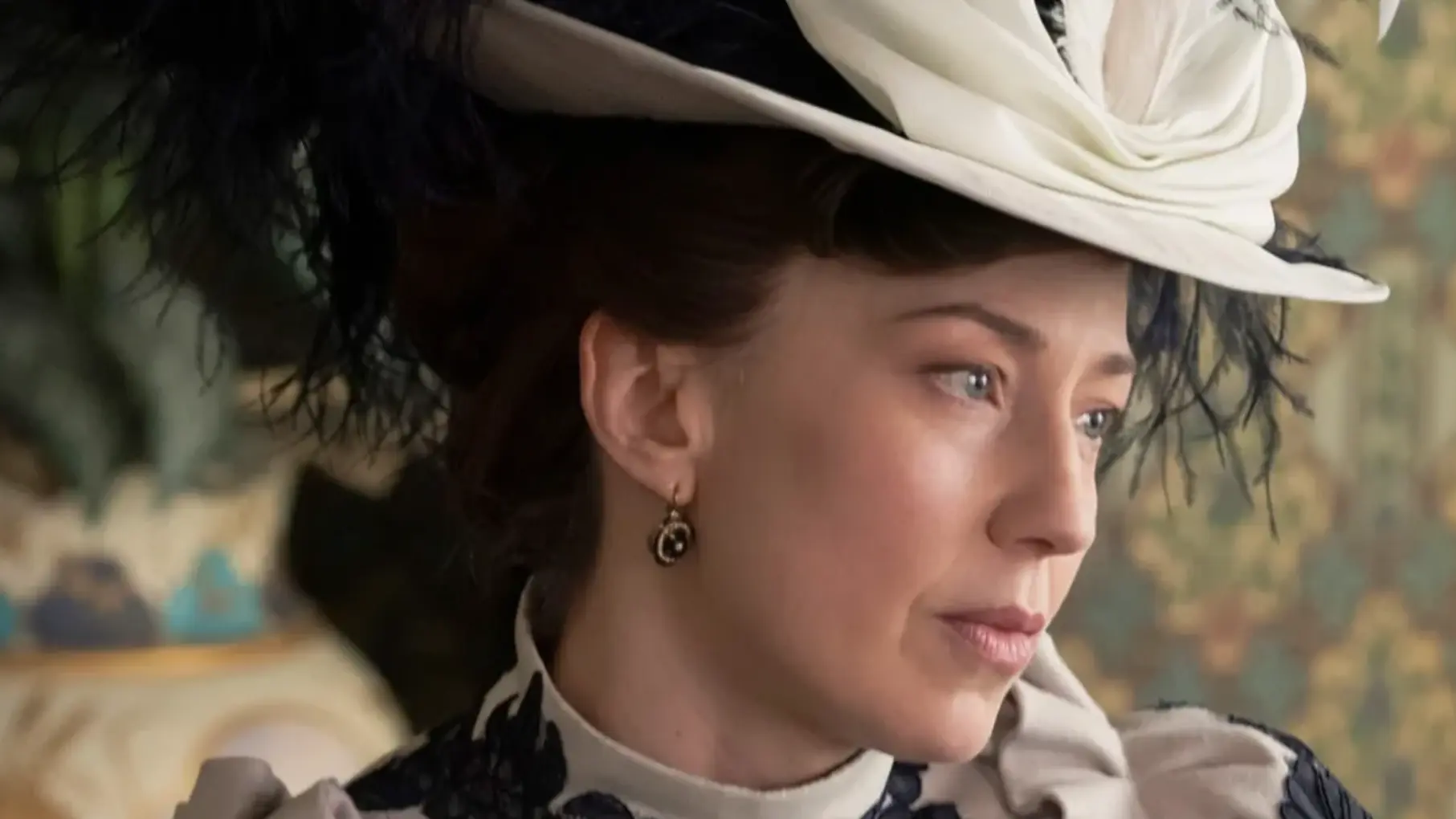The Gilded Age Season 3 finale shows Gladys’s pregnancy didn’t seal Bertha’s legacy—it revealed its hollowness
-
 The Gilded Age season 3 © HBO
The Gilded Age season 3 © HBOThe Gilded Age Season 3 finale, which aired on August 10, 2025, was both intriguing and sad. The episode was designed to manage the intricate nature of the show's main character, Bertha Russell. For most of the season, Bertha's goals drove all of her social moves, from setting up marriages to putting on impressive shows of power.
In the finale, when Gladys said she was pregnant with the Duke of Buckingham's child, those goals seemed to have been reached. For Bertha, it was the ultimate proof that her family would not only survive, but also do very well among the upper class. But the victory was short-lived.
When George quietly left the next morning, it changed everything, making Bertha's supposed victory look like a lie. The finale reaffirmed viewers that a legacy built on lies and broken relationships may look strong to outsiders, but it falls apart inside a family.
When triumph rings empty behind closed doors on The Glided Age Season 3 finale
Bertha's crowning glory should have been that Gladys Russell was pregnant. During three seasons, her only goal was to gain social power by connecting her family with old-world nobility. Gladys's marriage to the Duke seemed to accomplish that goal.
Having a child was proof of permanence and a seal on Bertha's carefully planned legacy. However, the ending didn't give her the clear victory she was looking for. It instead showed how empty her success was, as George left their marriage because he couldn't accept how she had lied to him.
When George left, it made the paradox at the heart of Bertha's rise stand out even more. She thought that being in charge of her kids' futures would make things stable, but by doing that, she hurt the relationship with her partner, whose approval mattered the most. The shooting that almost killed him made this difference even stronger, and he couldn't stand Bertha's cold strategies that she hid as love. His words made a distinction between being cruel in business and being kind in family, depicting that power is useless when it destroys close relationships. People thought Bertha had won the ball, but she felt like she was left bereft.
Once resistant and desperate for independence, Gladys entered her new role with surprising joy. She embraced her duchess life, found confidence in motherhood, and even embodied elements of Bertha’s resilience—though with a softer edge. The irony was unavoidable: Gladys became a version of Bertha, not through rebellion, but through acceptance. For Bertha, this should have been vindication. Yet it was precisely Gladys’s contentment, set against her emptiness, that revealed the fragility of Bertha’s empire.
Other characters found resolution and intimacy—Peggy accepted William’s heartfelt proposal in a moment of joy, Marian reconciled with Larry to restore her love story, and even long-simmering household tensions eased. Against these arcs of genuine connection, Bertha’s storyline was marked by estrangement. She achieved recognition and status, yes, but she did so at the expense of trust, leaving her isolated in a room full of admirers.
This ending doesn't make Bertha into a simple bad guy or victim. She felt sad that George wasn't there, and her determination to fix the marriage shows that she still thinks love and legacy can live together. But the ending made it clear. The shiny surface she worked so hard to keep up hides a deep crack. The fact that Gladys was pregnant was a sign of continuity for the Russell name. But George's departure showed that continuity doesn't mean much without a shared meaning.
In the end, Bertha was shown in the Season 3 finale of The Gilded Age not as a woman who won or lost, but as someone who was stuck between victory and tragedy. The future for her daughter is safe, but not so for her. At the end of the season, there was a powerful image of Bertha, who was surrounded by people's cheers but was also haunted by the silence.
The Gilded Age Season 3 is available to stream on HBO Max.
TOPICS: The Gilded Age Season 3